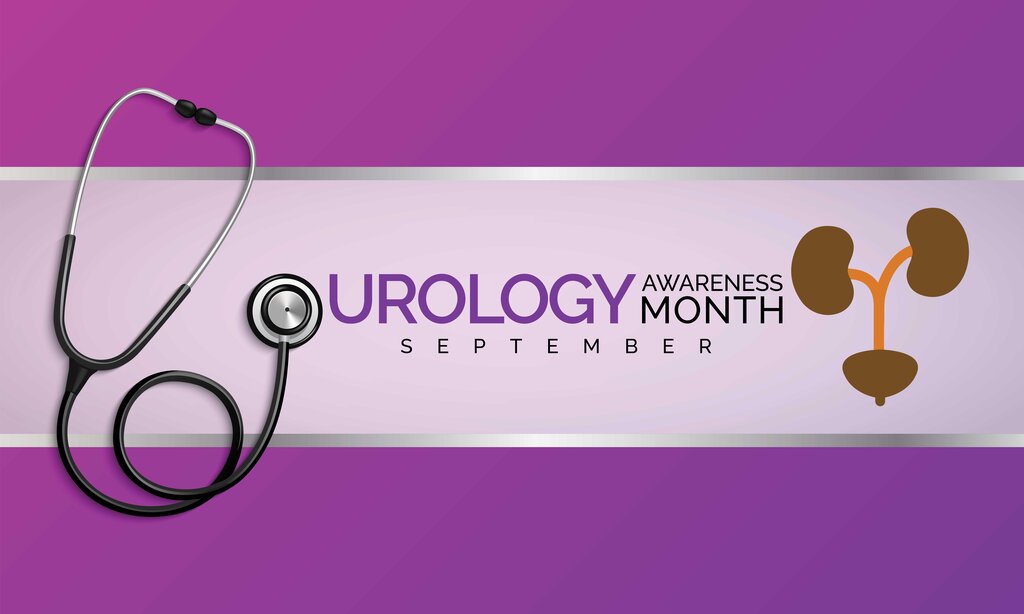Urology Awareness Month: Quick Facts On Urology That Can Help You
by Carolyn Lee Sep 5, 2022

September is acknowledged as Urology Awareness Month, which was launched in 2014 by The Urology Foundation (TUF) to spread awareness about urological diseases and symptoms. At Yello, your health and well-being are crucial to us. So, we are sharing a few quick facts to help spread awareness, so you better understand urology health.
What type of doctor deals with urology diseases?
A urologist is a medical doctor specialising in diagnosing and treating diseases of the reproductive and urinary systems in men, women, and children. Urologists also treat conditions involving the adrenal glands on top of the kidneys.
What are urology diseases?
Urology diseases focus on various health conditions affecting the male reproductive organs or the urinary system. In women, urology diseases mainly involve the urinary tract. Incontinence, urinary tract infections, male infertility, kidney stones, and cancers affecting the prostate, kidney, testicles, erectile dysfunction, and bladder are some conditions that affect urologic health.
What are some urologic illnesses that are stigmatised?
Incontinence (lack of control over urination or defecation) is sometimes stigmatised. Also, some men have difficulty talking about male infertility, erectile dysfunction, and urinary tract infections.
What are the symptoms of a urologic problem?
You should ask your doctor about seeing a urologist if your urine is cloudy, has blood in it, or is a pain when urinating. Other symptoms include difficulty peeing or getting a steady flow of urine. Urinating involuntarily, pelvic pain, a feeling of heaviness in the vagina, and infertility are symptoms that require attention. Difficulty getting or maintaining an erection, frequent urination, or feeling like you need to go often are also indicators of a potential problem.
What else do you need to know?
It’s a good idea to make an appointment and consult your doctor if you notice symptoms that indicate a urologic problem. Be honest and specific about your symptoms, so your doctor has enough information to help with diagnosing the problem. If needed, your doctor may refer you to a urologist who will conduct additional tests and prescribe a course of treatment specific to your ailment.
We hope you enjoyed this article. Use our Find Yello listings to search for urologists and related services that you need.
Sources: The Urology Foundation, Urology Health, Cleveland Clinic, and Healthline.








